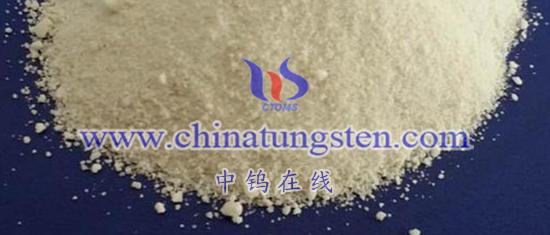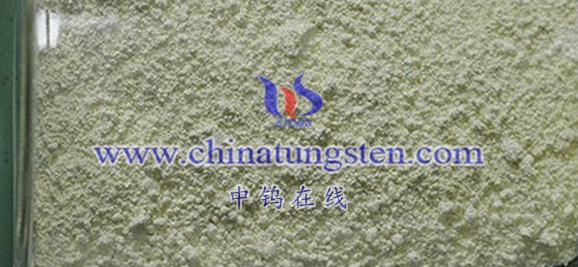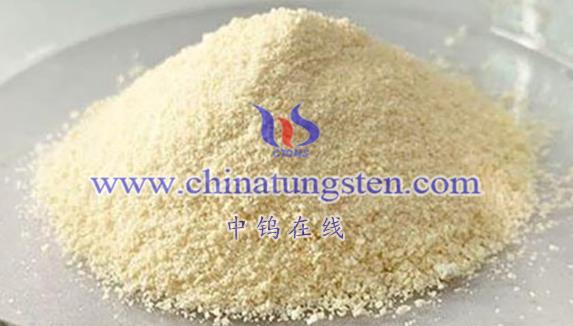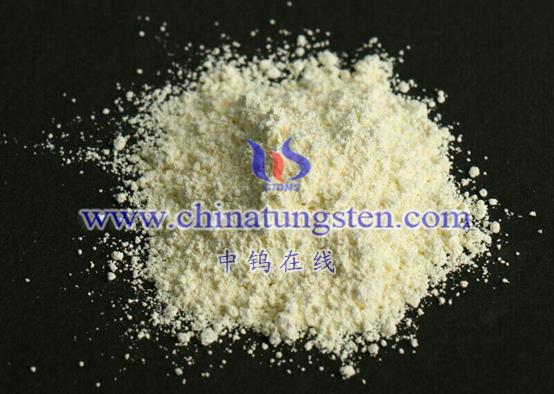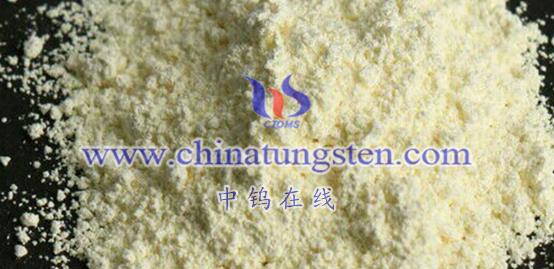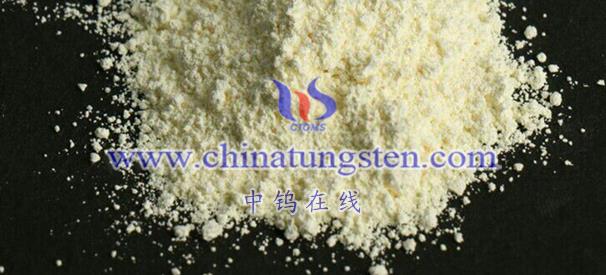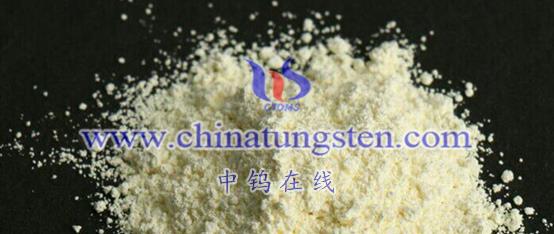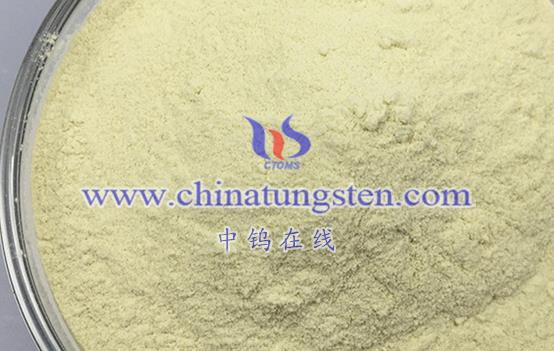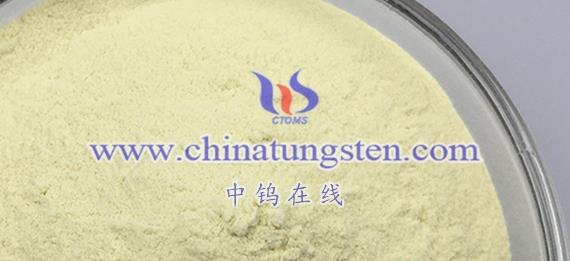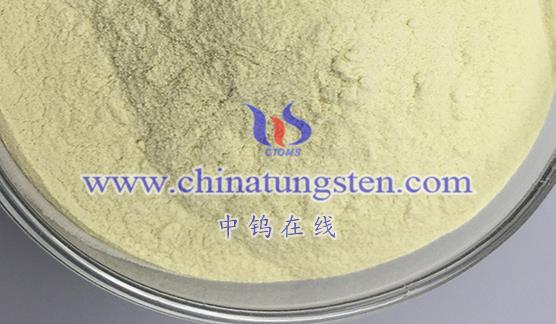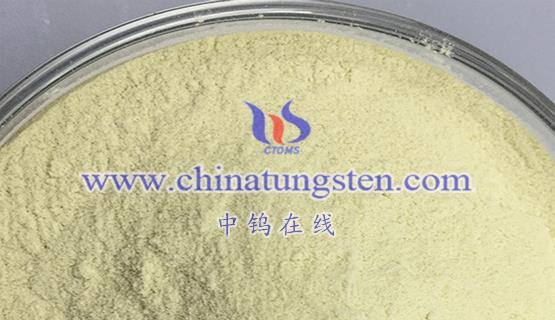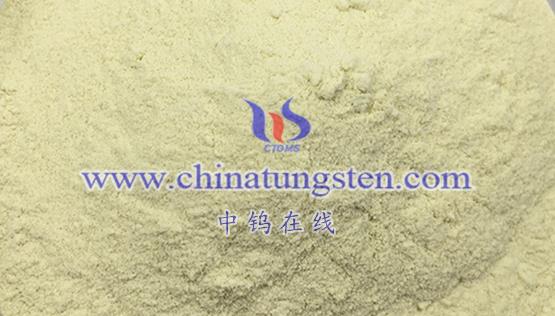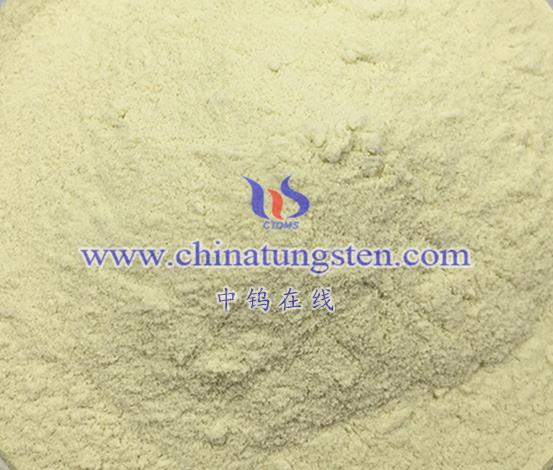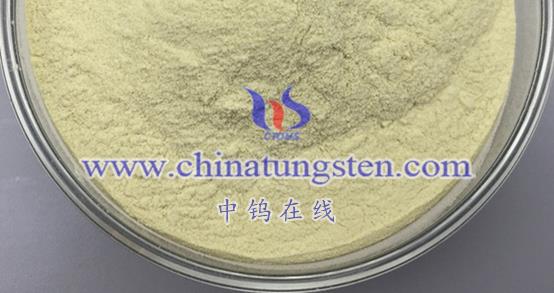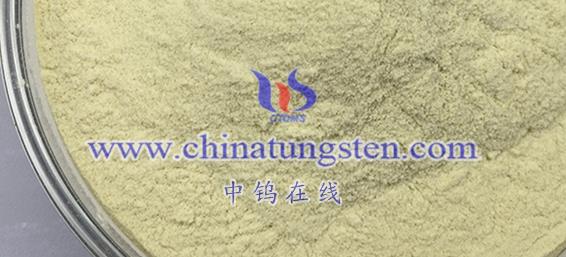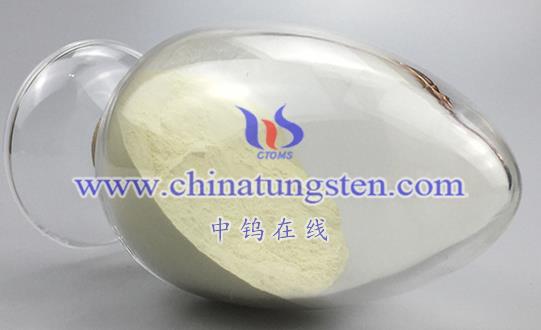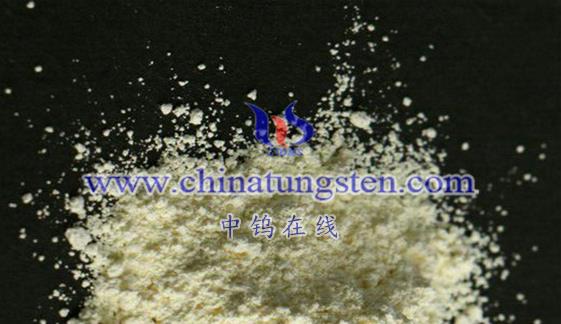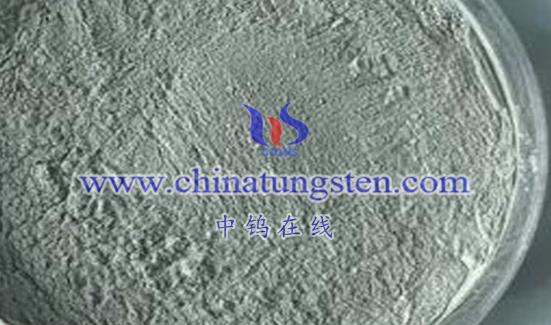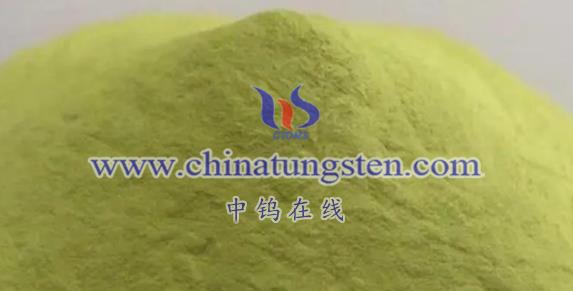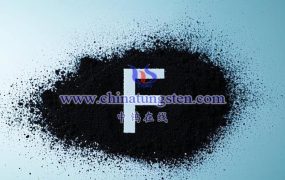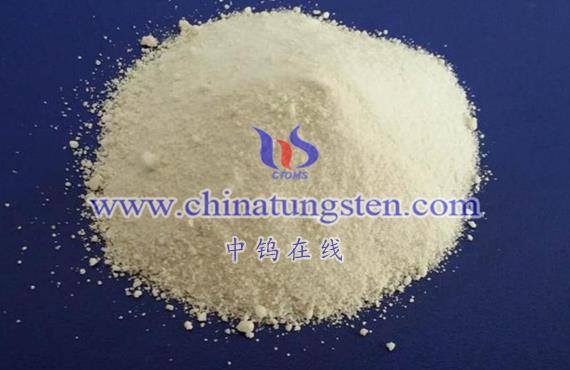
As two different energy storage technologies, nanostructured tungsten oxide supercapacitors and lithium-ion batteries each have unique advantages and disadvantages. Below is a detailed analysis of their pros and cons:
Advantages of Nanostructured Tungsten Oxide Supercapacitors
- High Power Density
Nanostructured tungsten oxide supercapacitors have extremely high power density, allowing for rapid charging and discharging in a short time, meeting the demands for high power output. This characteristic provides a significant advantage in applications that require an instant release of large amounts of energy (e.g., starting and accelerating electric vehicles). - Long Cycle Life
Supercapacitors boast a very long cycle life, capable of enduring millions of charge and discharge cycles without significant loss of capacity. In contrast, lithium-ion batteries generally have a shorter cycle life, typically ranging from several thousand to about ten thousand cycles. - Fast Charging Speed
Nanostructured tungsten oxide supercapacitors can be charged extremely quickly, reaching full charge in just a few seconds, greatly reducing charging time. - High Safety
Supercapacitors typically use inorganic salts or organic solutions as electrolytes, making them safer compared to lithium-ion batteries, which use flammable organic electrolytic systems. - Good Environmental Friendliness
Supercapacitors are relatively environmentally friendly during production and recycling, containing no toxic or hazardous chemicals, aligning with the trend of green energy development.
Disadvantages of Nanostructured Tungsten Oxide Supercapacitors
- Low Energy Density
Compared to lithium-ion batteries, nanostructured tungsten oxide supercapacitors have lower energy density and are unable to store large amounts of electrical energy for extended periods. This limits their use in applications requiring long endurance. - Higher Cost
Although the cost of supercapacitors is gradually decreasing with technological advancements and increased production scale, they are still more expensive compared to lithium-ion batteries. - Narrow Voltage Window
Supercapacitors have a relatively narrow voltage window, which limits their use in some high-voltage applications.
Advantages of Lithium-Ion Batteries
- High Energy Density
Lithium-ion batteries possess a high energy density, allowing them to store more electrical energy within a limited volume and weight, meeting long-duration power supply needs. - Stable Voltage
The voltage of lithium-ion batteries is relatively stable and not easily affected by external environmental factors. - Low Self-Discharge
Lithium-ion batteries have a low self-discharge rate, enabling them to maintain a high charge even after long periods of inactivity. - No Memory Effect
Lithium-ion batteries do not exhibit memory effects, allowing for charging and discharging at any time without affecting battery performance. - High Environmental Friendliness
Lithium-ion batteries do not contain harmful elements such as mercury, lead, or cadmium, making them genuinely green batteries.
Disadvantages of Lithium-Ion Batteries
- Safety Issues
Although manufacturers have taken a series of measures to improve the safety of lithium-ion batteries, there are still safety concerns due to the flammable organic electrolytic systems and the high reactivity of lithium. - Poor Low-Temperature Performance
Lithium-ion batteries have limited performance in low-temperature conditions, with significant declines in capacity and performance. - Overcharge and Overdischarge Issues
Lithium-ion batteries can experience performance degradation or even damage during overcharging or overdischarging, necessitating complex battery management systems for protection. - Higher Cost
The cost of lithium-ion batteries is relatively high, particularly for high-performance cathode materials.
In summary, nanostructured tungsten oxide supercapacitors and lithium-ion batteries each have their unique advantages and disadvantages. In practical applications, the choice should be based on specific needs and contexts.
More details of tungsten oxide product, please visit website: tungsten-oxide.com
Please contact CHINATUNGSTEN for inquiry and order of tungsten oxide:
Email: sales@chinatungsten.com
Tel.: 86 592 5129595
